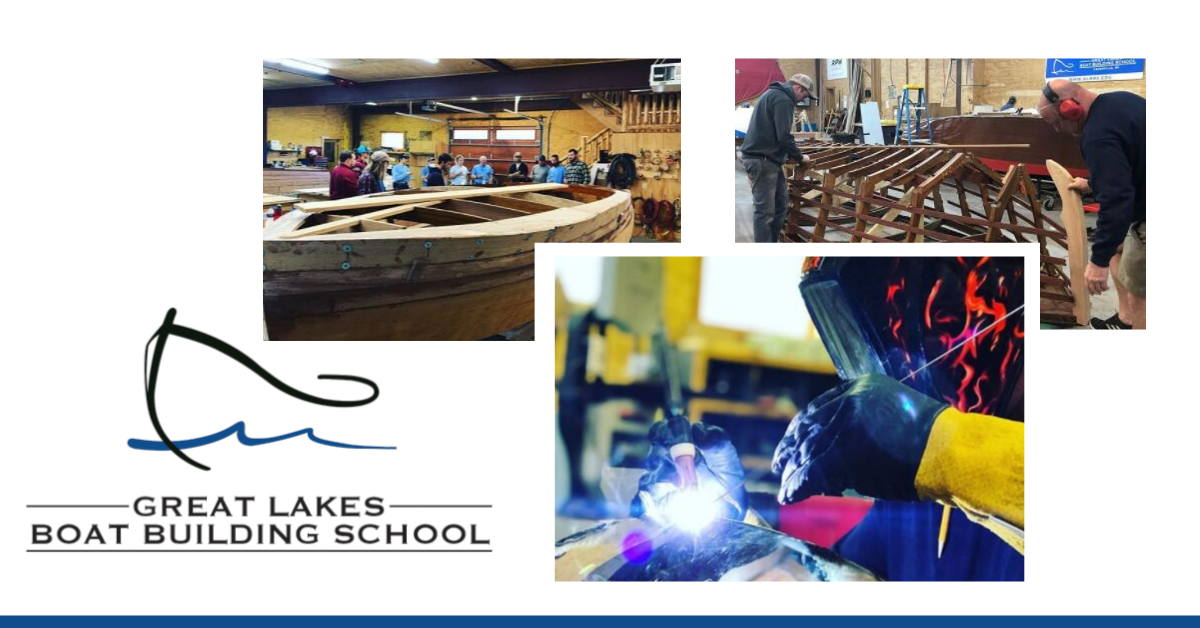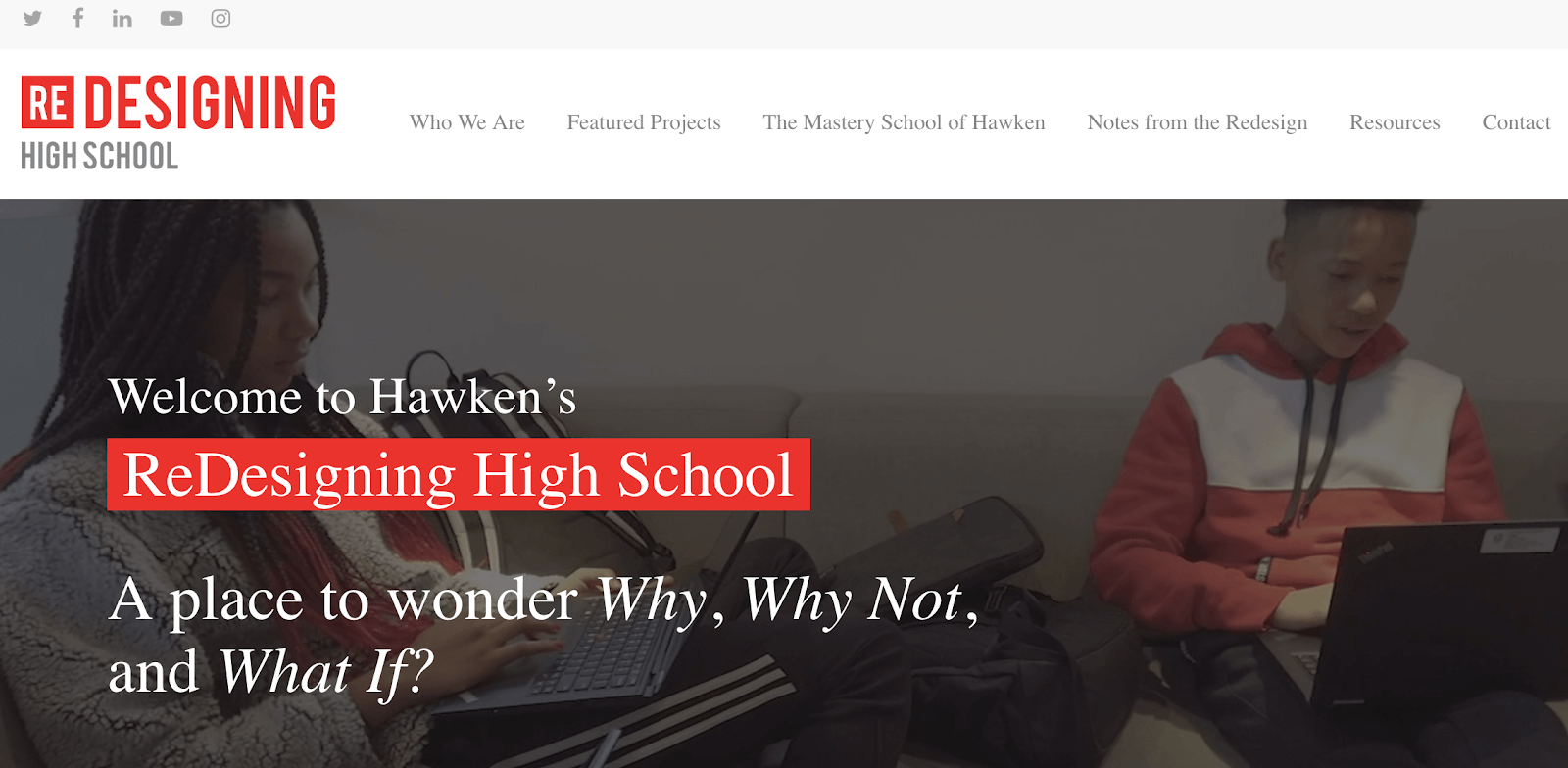What's Your School's "Product"?
Ten years from now, even the best school marketing won't work for you. A state-of-the art enrollment funnel usually bring in prospective families on autopilot today. Not in ten years.
Ten years from now, even the best school marketing won't work for you.
Today, a state-of-the art enrollment funnel usually brings in prospective families on autopilot.
Not in ten years.
We have seen this happen in other industries. When all of the competitors are producing content filled with tips, downloads, surveys, and questionnaires, this will no longer be enough to enthrall families.
All of your marketing signals will not suffice.
Higher Ed As A Glimpse Into The Future
To understand what’s coming, let’s look at higher education, where marketing is more advanced. Most colleges and universities run complex enrollment marketing funnels. Yet, a lot of these institutions are suffering from low enrollment and are racing to spend more on marketing to try to fill their seats.
These efforts are proving futile.
Why?
The answer lies in the quote below:
Why are so many people retweeting a statement that reduces the value of higher education to filtering and signaling?
This is an increasingly popular “customer perception.” More people are saying that college is ineffective.
College no longer guarantees a job or even prepares you for life.
College is too expensive.
Naval Ravikant, a thoughtful entrepreneur, posits that the value of an average university degree is decreasing. The format of amphitheater delivery, traditional courses, the standard college experience are weak. Contrast this with increasing costs and a widening misalignment with the 21st-century world of work.
Since most colleges and universities are already marketing heavily, investing in a better enrollment funnel to promote the same product will not help them much.
Your Product Is Your Marketing
Instead, they need to revisit the value they offer.
Improving their product will improve their marketing. In short, their product is their marketing. We see this in a lot of industries.
We are starting to see similar trends in K-12 education.
Albemarle County School leaders experienced a paradigm shift when the podcast series “Serial” came out. They observed "numbers of people on Reddit and other social media who were learning together about law and the judicial system, the science of cell phone transmissions, the history of colliding cultures, and urban demographics from just that one series of podcasts." These students were learning from a variety of sources in a messy way. Teachers in a classroom would never achieve the level of intensity that these kids were generating through learning online.
The school leaders thought: What is the utility of school if it is no longer about transmitting knowledge? If the students prefer gaining knowledge on their own, what are we here for?
They were observing a decrease in the value of the traditional K-12 education product.
What will be the new value of school? Socializing, building character, learning how to learn are some phrases that come to mind. There are many answers, but this is a question each school will need to answer for itself.
What the Albemarle County School leadership team are seeing is that schools cannot compete for data transmission. A student who needs to know the capital of Morocco will ask Google. Instead of using classroom time to teach this, show him the beautiful patterns of Moroccan art. Ask him to lead a project where he connects by Skype with children in Moroccan schools and then designs a solution with them so that their mothers can stop carrying pots of water on their backs.
What Naval stated about higher education is increasingly true for schools: they cannot be just a credentialing service. Communities are rapidly changing, and the way we learn is also changing. Schools need to reimagine their product.
In our interview with the former president of the National Association of Independent Schools, Pat Bassett insisted that schools should listen to their customers.
In this next stage, school marketing will depend on “customer discovery.” This is the opposite of the “if we build it, they will come.” Instead of saying, ‘We made this. Please come and buy it.` (which is what traditional marketing does), schools will be saying, “We see you. We see who you are and what you believe. We will serve you.’
A school that does this well is Green Chimneys, which grew from 11 to 243 students. They offer animal-assisted therapy programs on the outskirts of New York City. This is a good fit for the local community. Another example is Great Lakes Boat Building School, focused on the art and craft of wooden boat building - a niche pursuit with a specific audience.

These schools’ marketing is different than yours. Their product is their marketing.
The “Hawken School” Model of School Marketing
These schools think differently.
School leaders that improve their product based on customer discovery believe there is a tribe they can serve. They find their tribe by matching their core beliefs and school mission to the community’s needs.
These school leaders ask:
- Why do we exist? What do we do differently than other schools? What core need or desire can we satisfy that other schools can't?
- From our current parents, who is happiest? Who are our 10 true fans?
- Where is the group of people who need us, who need our voice, our point of view? Instead of trying to reach everyone, where can we find that group?
By refocusing their school mission to serve their tribe, marketing becomes easy again.
Hawken school in Cleveland is building a new high school. Customer discovery - understanding what the community needs - is priority number one. But they don’t stop there. They publish a blog and podcast to broadcast their thoughts and ideas around redesigning school. This reframes their effort. They are now a media company, a pioneer, and a model for other school leaders to follow.

Just when you think this is a dynamic, innovative school, they blow your expectations out of the water. Among other duties, Scoot Looney, the head of school, is spearheading the Mastery Transcript Consortium, a network of schools codesigning a transcript without grades, the transcript 2.0. Now, we see an entrepreneur, like a mini-Elon Musk, changing the future of education.
Marketing your school will mean taking on a larger role: being an entrepreneur, being a guide to the community. Parents and students will need guides and mentors - not knowledge and information.
Jennifer Gonzales from Cult of Pedagogy and Don Wettrick from StartEdUp are rising celebrity teachers. They have taken on a more significant role by building communities across school buildings and state borders. We will see school principals take on similar roles. An educator who sees her role as teaching - not selling - might be dismayed that this is the future of school marketing.

The teacher-leader becomes an entrepreneur. Scaffolding the learning. Mentoring. Sharing stories. Offering workshops. School leaders will be vulnerable: showing what is happening, how decisions are made, how they struggle to serve students, and what happens behind the scenes.
They will look for connections with families, build new bridges, and find more ways to get them engaged. They will branch out into the community, leveraging businesses and local non-profits through shared projects as a medium for learning.
This is a mix of product and marketing. The learning is the marketing.
